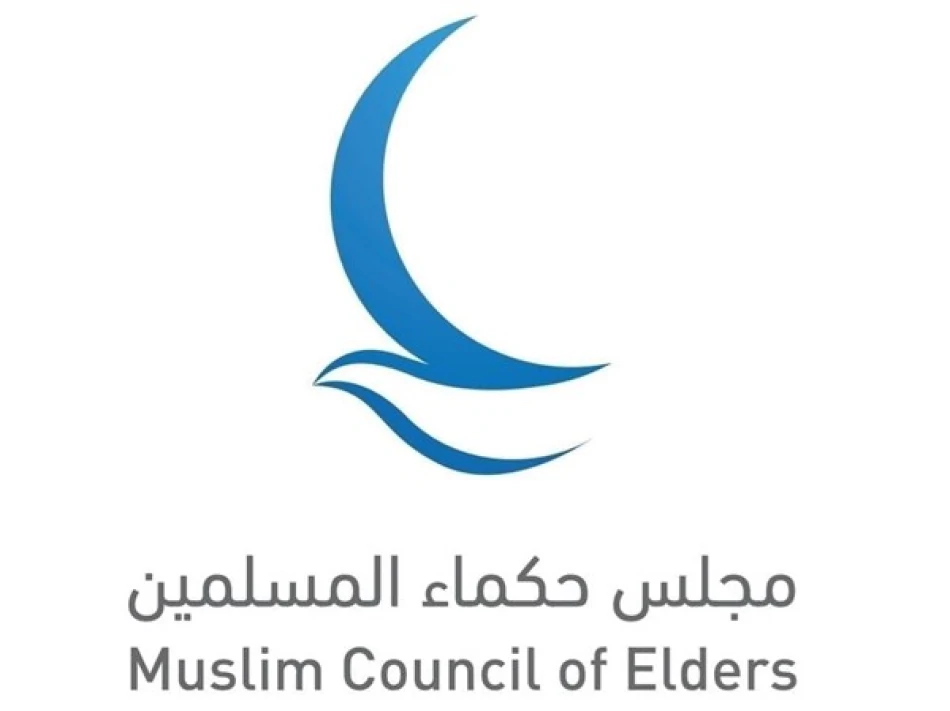
Muslim Scholars Strongly Condemn Terrorist Attack on Nigerian Mosque
Muslim Council of Elders Condemns Nigeria Mosque Attack as Terrorism Escalates Across West Africa
The Muslim Council of Elders, led by Al-Azhar's Grand Imam Ahmed al-Tayyeb, has strongly condemned a terrorist attack on a mosque in northern Nigeria that killed several innocent worshippers. The condemnation highlights growing international concern over escalating extremist violence targeting religious sites across the Sahel region, where militant groups continue to exploit governance gaps and economic instability.
Religious Leadership Takes Stand Against Extremism
In a statement issued from Abu Dhabi, the Council categorically rejected the attack as fundamentally incompatible with Islamic teachings and international law. The organization emphasized that such violence contradicts divine scriptures and global conventions that mandate protection and respect for places of worship.
The Council's response reflects a broader strategy by mainstream Islamic institutions to counter extremist narratives that have fueled violence across West Africa. Al-Azhar University, considered Sunni Islam's most prestigious seat of learning, has increasingly positioned itself as a moderate voice against radicalization.
Nigeria's Persistent Security Challenge
Northern Region Under Siege
Northern Nigeria has become a focal point for multiple terrorist organizations, including Boko Haram and Islamic State West Africa Province (ISWAP). These groups have systematically targeted religious sites, schools, and civilian populations as part of their campaign to establish extremist governance structures.
The attack on the mosque represents a particularly troubling trend where extremist groups target fellow Muslims who reject their radical interpretation of Islam. This strategy aims to eliminate moderate religious voices and create fear within communities that might otherwise resist extremist influence.
Regional Security Implications
The incident occurs amid broader security deterioration across the Sahel, where militant groups have expanded operations from Mali and Burkina Faso into northern Nigeria and neighboring Chad. International security analysts warn that fragmented responses by regional governments have created operational corridors for terrorist movements.
Unlike successful counter-terrorism efforts in countries like Morocco or Jordan, Nigeria's approach has struggled with coordination between federal and state authorities, inadequate resources for rural security, and limited community engagement programs.
International Response and Strategic Implications
The Muslim Council of Elders' condemnation carries significant weight in Islamic discourse, potentially influencing religious communities across Africa and the Middle East. The organization has emerged as a key player in promoting moderate Islamic interpretation, similar to initiatives by the UAE's tolerance programs and Saudi Arabia's Vision 2030 reforms.
The Council's call for "firm confrontation" of extremist groups while promoting dialogue and tolerance reflects a dual-track approach increasingly favored by international partners. This strategy combines security measures with ideological counter-narratives designed to undermine extremist recruitment.
Path Forward: Beyond Condemnation
While religious condemnations provide moral clarity, Nigeria's security crisis requires sustained international cooperation and local capacity building. The country's experience mirrors challenges faced by other nations in the region, where military solutions alone have proven insufficient without accompanying governance reforms and economic development.
The Muslim Council's emphasis on promoting dialogue and coexistence suggests recognition that long-term stability depends on strengthening moderate voices within affected communities. This approach aligns with successful counter-extremism models implemented in Southeast Asia and North Africa, where religious institutions played crucial roles in delegitimizing radical narratives.
As Nigeria approaches critical elections and regional security arrangements evolve, the international community's response to such attacks will likely influence broader counter-terrorism strategies across West Africa's volatile borderlands.
Most Viewed News

 Layla Al Mansoori
Layla Al Mansoori






